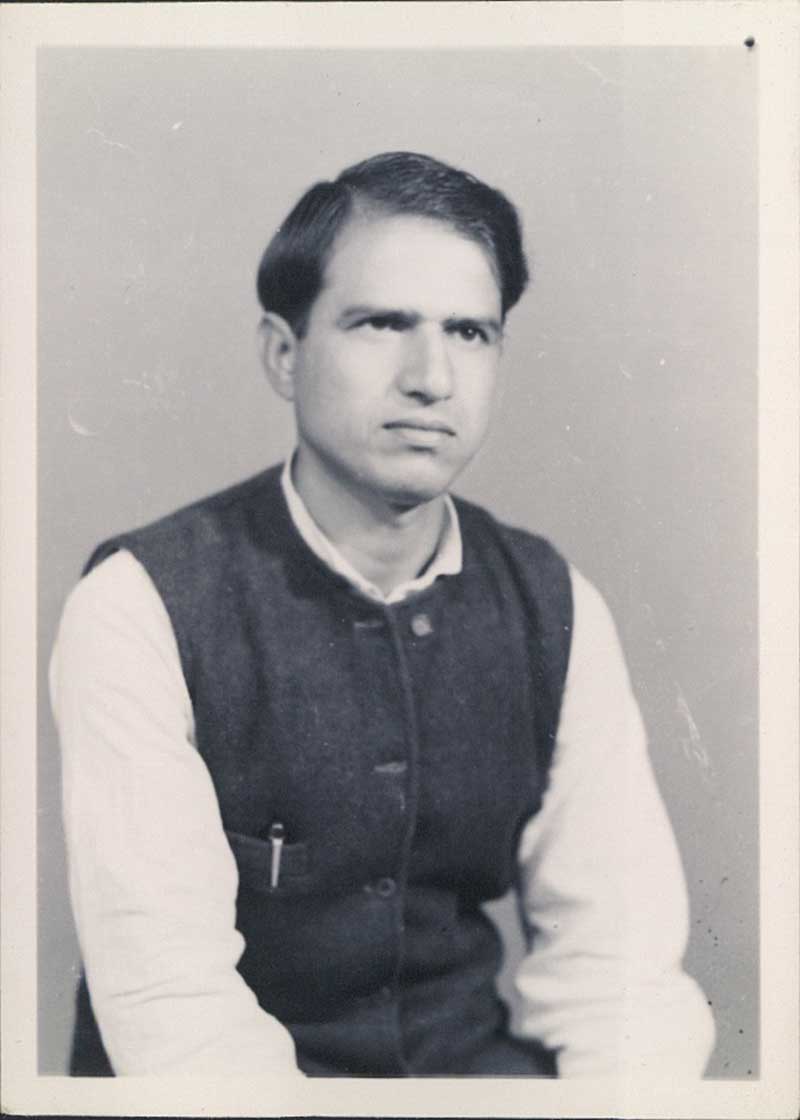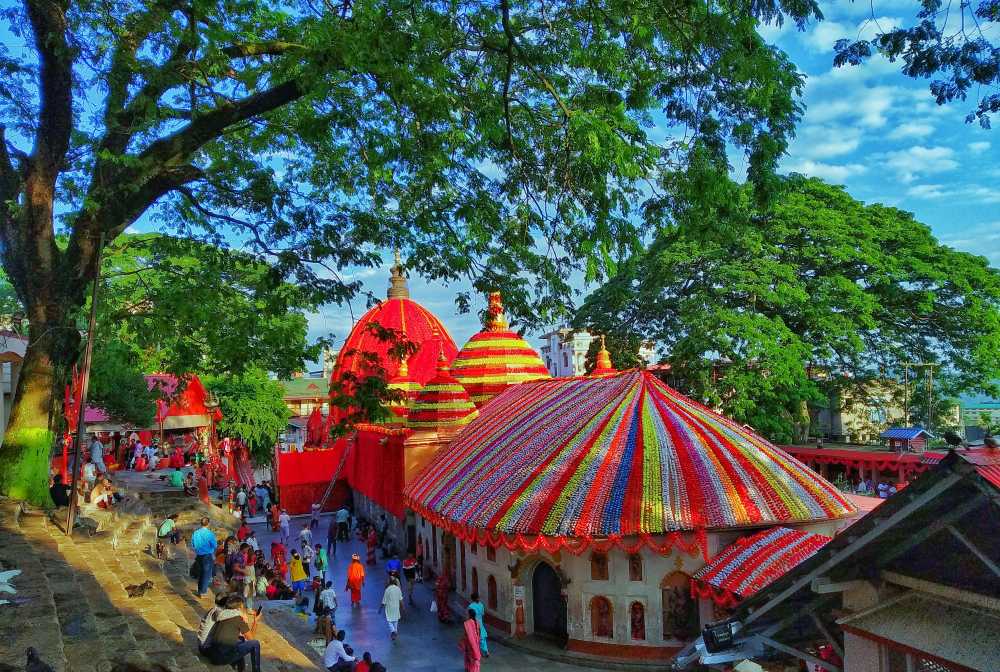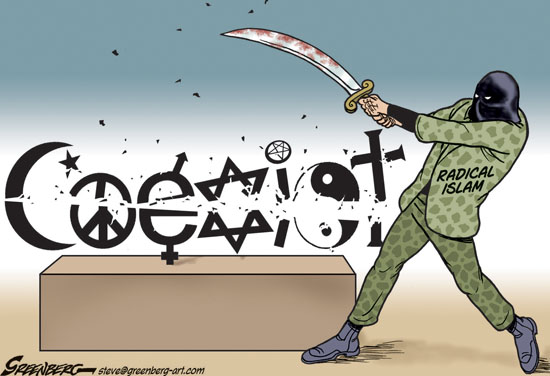- Visitor:24
- Published on:
In the Footsteps of Hind Swaraj. The Oeuvre of the Historian and Political Thinker Dharampal – 6
Dharampal attempted to understand the multifarious ways in which the fabric of Indian society had been shattered, and more significantly, to highlight the often subtle and surreptitious means by which Indian minds had been colonised under the impact of British rule.

All in all, these three pioneering publications (constituting only part of Dharampal’s endeavour to delegitimise conventional History[1]) represent historiographical documents par excellence in which the reader is confronted with the original official British sources describing crucial societal achievements in the different regions of 18th and early 19th century India. Hence, the factuality of the picture that emerges appears even more convincing, for, presumably, a British administrator would have had no reason to exaggerate the positive features of Indian society – quite the contrary. Yet these British reports, according to Dharampal (who was for ever self-critically reflective), also had certain draw-backs: Firstly, according to him, the topics that were being written about had been selected in accordance with the interests of the British observers (who would have been influenced by various concerns, political, cultural or scientific). Secondly, and more significantly, the specific emphasis or interpretation given to the objects described would have been determined by the socio-cultural background of the writer, if not by contingent political factors of the immediate colonial-political context. Hence, not only would inadvertently (or often, advertently) misinterpretations or distortions have crept into the descriptions, but also the matters selected for description would not have represented the total picture of a functioning society.
For such a canvas to be portrayed, Dharampal was absolutely convinced that large-scale research needed to be undertaken in the subcontinent itself. He, thus, attempted to pave the way for future scholars by presenting a critical but also dynamic overview of the momentous developments that had taken place in India from the 18th into the 20th centuries – in his many essays, lectures and newspaper articles.[2] Simultaneously, he exhorted research-minded Indians to make a concerted effort to gain access to indigenous regional testimonies from varying sources, written, oral and inscriptional. As possible repositories of valuable historical data he suggested that researchers consult the annals of religious and cultural centres, the libraries of royal or aristocratic families, the records of banking and merchant families, registrars and account-keepers as well as village records and histories[3] (as preserved in the Rajasthan state archives at Bikaner with which he was familiar). These and varied documents from many other sources would contain essential data that could corroborate or amend and supplement the British testimony to subsequently provide a more holistic understanding of India’s recent past and the functioning of its society.
In view of this crucial desideratum, he emphasised that his work constituted just a beginning,[4] and that his findings should serve to instigate and inspire others to focus on and investigate the wealth of historical material lying at their doorstep. – This is what he surmised 30 years ago, and he has been proven correct, now that the National Manuscript Mission has located thousands, if not millions of manuscripts throughout India. That means that there exist a multitude of documents in Indian regional locations just waiting to be researched into by hundreds of budding grass-root social historians, or Indian Le Roy Laduries,[5] whose contribution he considered essential towards developing a more differentiated sense of Indian cultural identity.
From another perspective, one of Dharampal’s underlying aims in pursuing his historical research (as I understand it from frequent conversations with him) was to indulge in a sort of hermeneutics of historical knowledge. Let me spell out what this entailed for him: Having provided sufficient evidence of the advanced level of Indian achievements in the various fields of science, technology, education, social and political organisation, he considered it, firstly, necessary to investigate the causes and mechanisms by which not only this knowledge had been discarded and then fallen into oblivion, but also, concomitantly, the relevant institutions had become defunct. To obtain any viable understanding would, according to him, entail in-depth research into socio-economic, political and ideological impinging factors subsequent to the advent of colonial rule. Secondly, intent on evaluating impartially the social-historical significance of his findings, he opined that this would not necessarily be obtained by juxtaposing India in competitive comparison to Europe. That is, rather than merely emphasising that India produced better steel, practised more sophisticated medicine, provided better education for its children before the onset of colonial rule – than either its counterparts in contemporary Europe, or 50-100 years later on the subcontinent itself –, it would be more worthwhile to investigate how the attainment of this relatively high level of civilisational achievement had indeed been possible. This, he insisted, could only be achieved by becoming familiarised with the complex societal, economic and cultural mechanisms that had facilitated these accomplishments. Obviously the attainment of these insights would entail doing detailed research into the functioning of Indian localities and their communities, their socio-economic infrastructure and instrumentalities. His own insights gained from a close analysis of early British-Indian historical documentation seemed to indicate that Indian society and polity in the 18th century[6] was defined not so much by categories of hierarchy and political asymmetries, but rather by ones of mutual relationships which may possibly have been of a competitive nature, but not of a suppressive subjugating one. As for the categories of hierarchy and political asymmetries, he considered that these factors had become accentuated as a result of the British-Indian encounter. The data collected from the Chingleput district of Tamil Nadu[7] – a project initiated by him in the 1980s – constitutes a paradigmatic case-study for such research into understanding the structure and functioning of Indian localities and their communities.
Thirdly, Dharampal wanted to trace how certain elements from this corpus of knowledge were appropriated, refined and integrated into the early modern British or European scientific and cultural institutions, a process which he considered was nothing unique but rather quite representative of the continual flow of knowledge (appropriated or exchanged) between the cultures of the world. Hence, on the one hand, he considered it essential to evaluate and comprehend the sociological as well as the psychological-cognitive portent of intercultural flows and appropriations of knowledge in which all societies of the world were participating. On the other hand, however, though he would not have been inclined to establish an exclusive right of cultural ownership on specific technologies and sciences, he did consider it important, without being chauvinistic, to study and be aware of their respective cultural embeddedness. To elucidate, he stated:
“Every civilisation has to do its own learning and in its own way. The knowledge of what others did can only serve as one pointer amongst many. Similar understanding can be initiated in many other long neglected technologies and industries. It should not be surprising if at least some of them (with minor modifications here and there) prove to be as productive and cost-efficient as the new technologies which we have borrowed from modern world industry.”[8]
In a fourth step, he attempted to understand the multifarious ways in which the fabric of Indian society had been shattered, and more significantly, to highlight the often subtle and surreptitious means by which Indian minds had been colonised under the impact of British rule. His objective here again was not necessarily to apportion blame to British administrators, but rather to unravel the ensconced logic of colonial operations. In historical retrospect, there was no point in being moralistic about the damage done. Rather, it was necessary to deconstruct the whole process and rationale behind the colonial endeavour. This challenging task, he urged, could be embarked upon by studying the vast collections of the Board of Control[9] which itemise the dismantling and remodelling that the colonisation process involved. Yet, according to his understanding of developments elsewhere – and his ability to discern and highlight structural linkages in the global arena –, the British-Indian experience did not constitute by any means an exceptional scenario: Indeed, he perceived similar operations at work, for instance, in the British Isles from the time of the Norman conquest and in North America from the early 16th century onwards.[10] Nonetheless, the impact of the colonial enterprise he considered, in like manner to Mahatma Gandhi, had been entirely destructive to Indian society, not only because of the exploitative factor involved, but even more so because it was defined by categories alien to or at odds with the Indian cultural ethos.
References
[1] Another important publication, belonging to a later date and also contesting hegemonic assumptions, is Dharampal and T.M. Mukundan: The British Origin of Cow-Slaughter in India with some British Documents on the Anti-Kine-Killing movement 1880-1894, Society for Integrated Development of Himalayas, Mussoorie 2002. Besides providing historical British documentary evidence about the genesis of mass cow-slaughter under British auspices, this volume presents extensive documentary material about one of the most significant resistance movements in India against kine-killing (perpetrated by the British) during the years 1880-1894. By highlighting the support given by some prominent Muslims during phases of this mass protest as well as by emphasising the crucial fact that it was the British and not the Muslims who were the main consumers of beef, Dharampal is able to dispel one of the deep-seated myths perpetuated in the interest of reinforcing divisive colonial strategies – with the aim of assuaging communalist tensions. This was also his underlying intention through the stand he took with regard to the controversial debates in the wake of the Ramjanmabhumi/Babri Masjid issue at Ayodhya, cf. his contribution “Undamming the Flow”, in: J.K. Bajaj (ed.): Ayodhya and the Future India, Centre for Policy Studies, Madras, 1993, pp. 213-238. As recognition of his historical research, in 2001, he was appointed Chairman of the National Cattle Commission set up by the Government of India.
[2] Some of these lectures have been published in Dharampal: Essays on Tradition, Recovery and Freedom, vol. V of Dharampal: Collected Writings, Other India Press, Mapusa, Goa, 2000, reprinted by Other India Press & SIDH, 2007; as well as in: Dharampal: Rediscovering India, SIDH, Mussoorie, 2003.
[3] In particular, Jati puranas which he maintained contained a wealth of data about community practices and believes. He himself started this research by consulting the volumes of the People of India: Anthropological Survey of India, Delhi 1985 ff whose voluminous empirical data, according to him, required more in-depth analysis.
[4] In recognition of his research work, in the early 1990s, Dharampal was elected Member of the Indian Council of Historical Research for two terms, and for a third term during 1999-2001.
[5] Emanuel Le Roi Ladurie is a French social historian whose work focuses on the history of the peasantry during the French ancien régime, in particular in the Languedoc, in southern France.
[6] Cf. his extended essay “India’s Polity, Its Characteristics and Current Problems”.
[7] This refers to an extensive commissioned survey of about 2,000 villages carried out by a British engineer, Thomas Barnard, based on data collected during a five-year period (1762-1767) soon after the area around Madras came under direct British control. Since this survey is supplemented by detailed Tamil palm-leaf records, it contains a wealth of information not only on agricultural production and the variety of crop cultivation, but also on the very elaborate distributive system, the diversity of demographic and professional composition and the wide range of ecological habitats. The research project is being pursued extensively by two of Dharampal’s close associates, Dr. M.D. Srinivas and Dr. J.K. Bajaj.
[8] Extract from „Indigenous Indian technological talent and the need for its mobilisation“, a lecture delivered at the Birla Industrial and Technological Museum, Calcutta, 4.10.1986, quoted from Dharampal: Essays on Tradition, Recovery and Freedom, op. cit., p. 66.
[9] These documents, catalogued by him with great care, are lying in Sevagram waiting to be researched into.
[10] „Most of what Britain did in India was not basically very different from what the British State had done in Britain since about the Norman Conquest of England in the 11th century, and which it more or less continued until after 1800. […] the same was attempted by England in Ireland from about the 16th century; or experimented upon in North America in the 16th-17th-18th centuries; and the same was continued by the successors of British power in the fast expanding territories of the USA in the late 18th and the 19th centuries.” Quoted from “Some Aspects of Earlier Indian Polity and Society and their Relevance to the Present”, op. cit.
Source: Gita Dharampal, “Introduction” in Essential Writings of Shri Dharampal (New Delhi: Publications Division, Government of India, 2015), pp. 19-23
This extract has been published with permission from Publications Division, Government of India
Center for Indic Studies is now on Telegram. For regular updates on Indic Varta, Indic Talks and Indic Courses at CIS, please subscribe to our telegram channel !
- 12 min read
- 0
- 0










